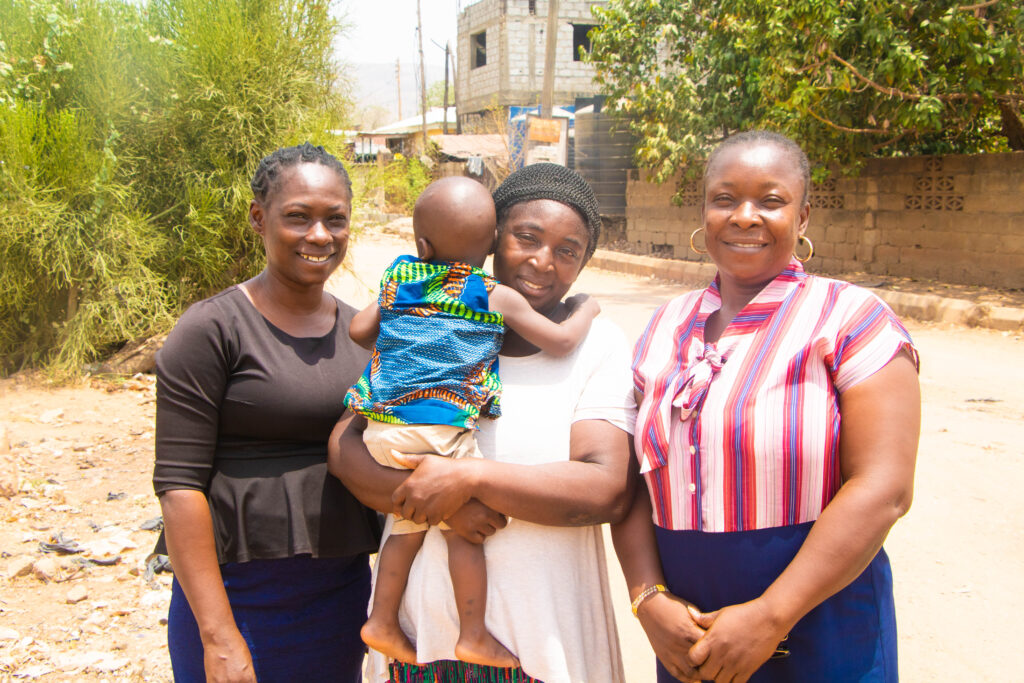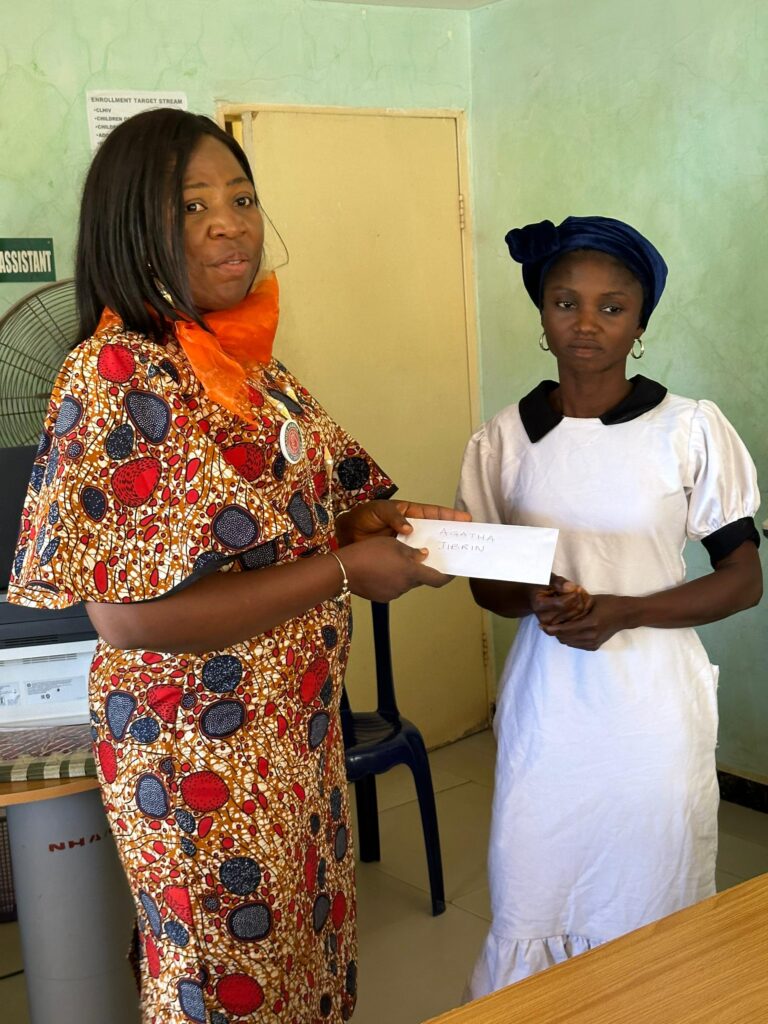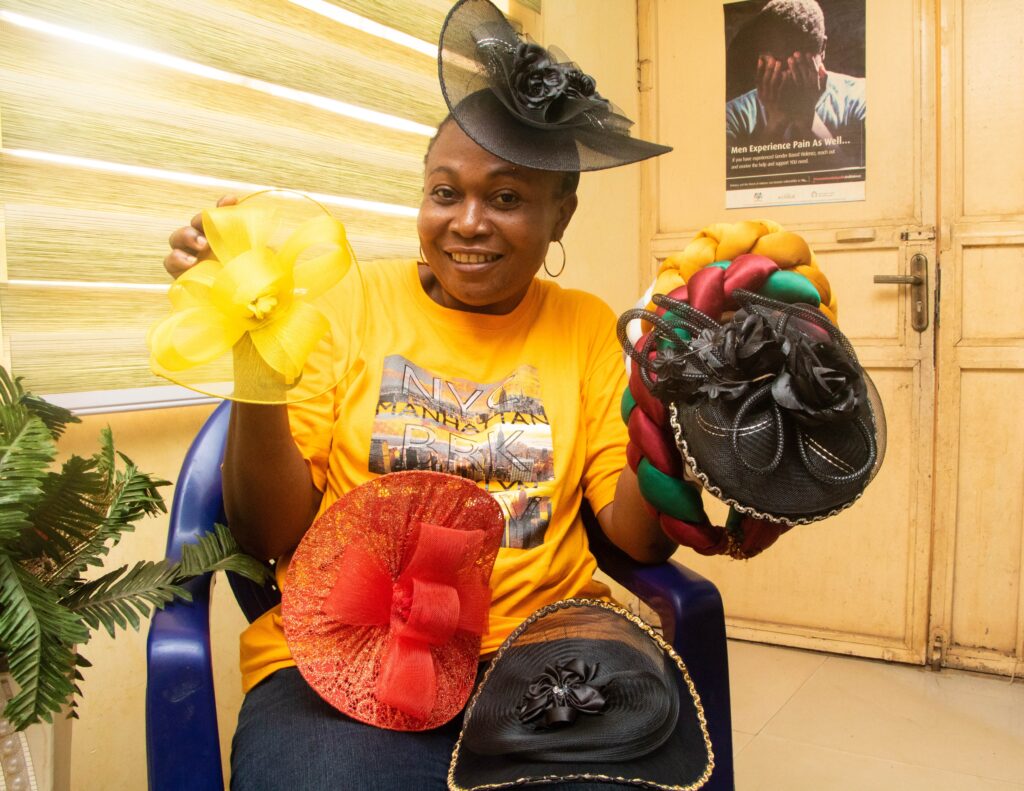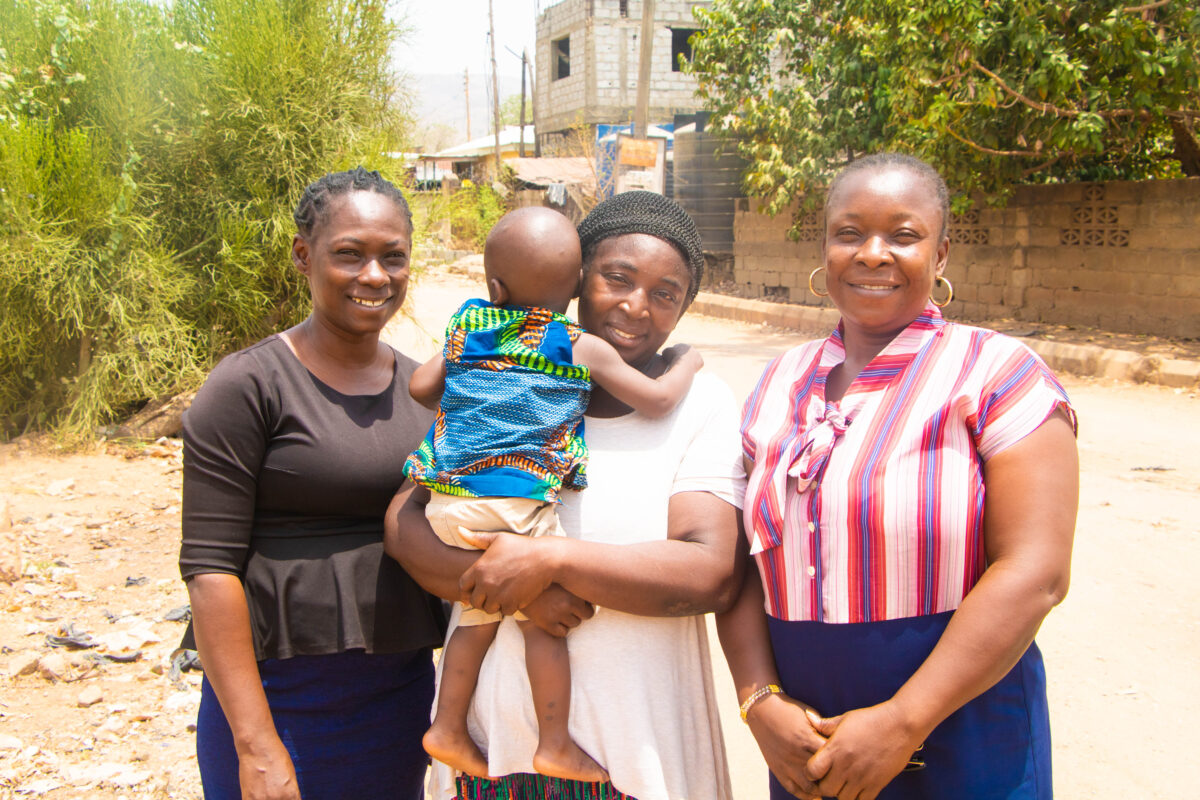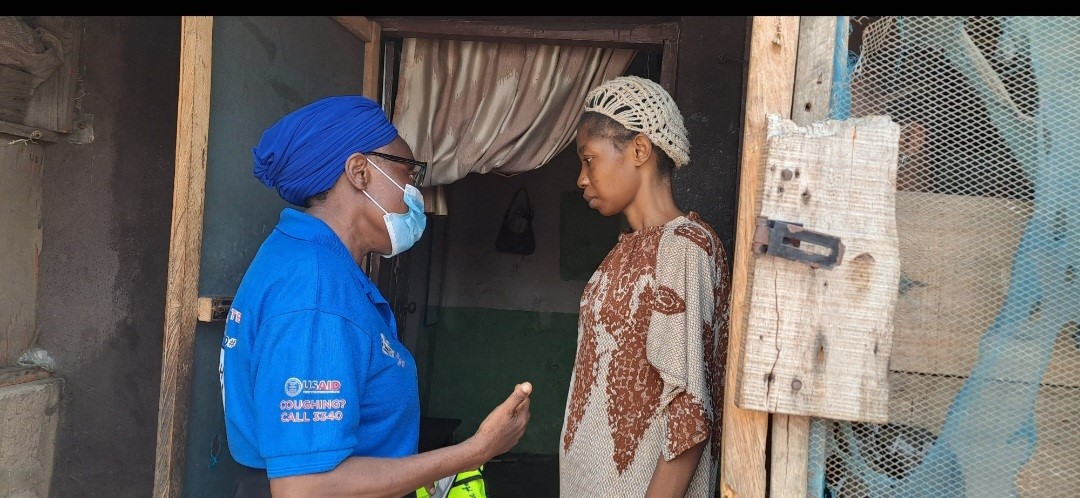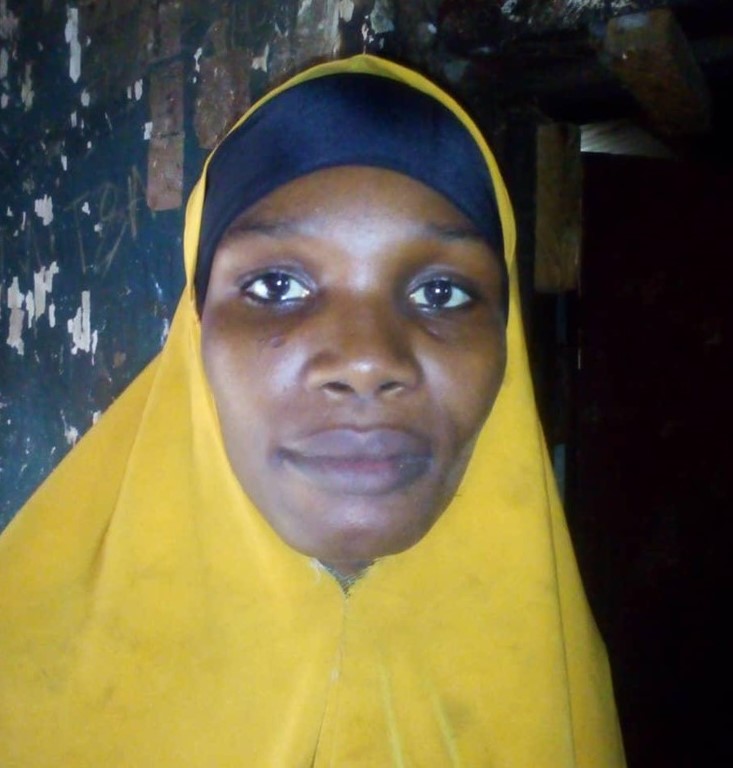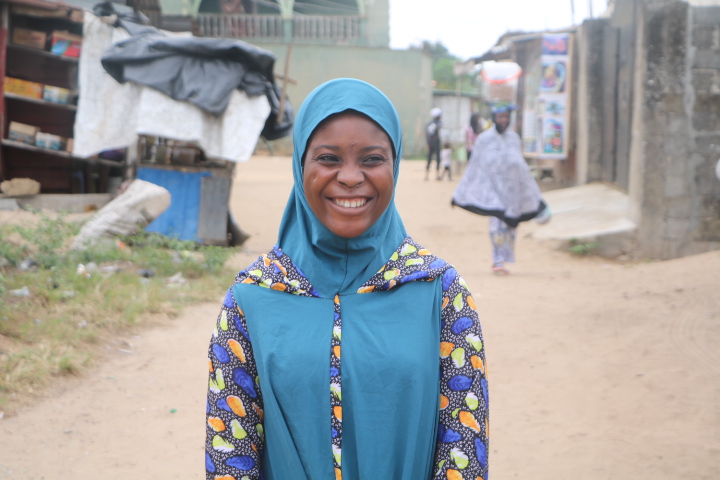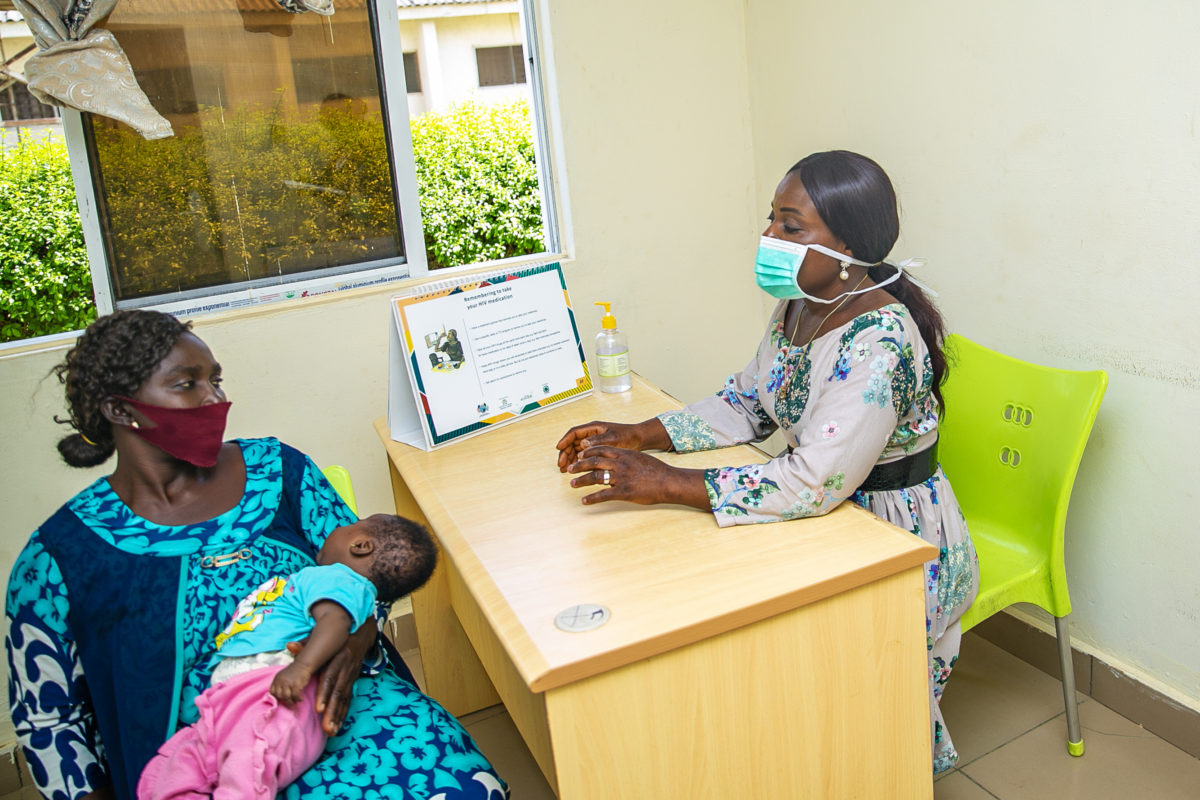According to the United Nations Population Fund (UNFPA) 2023 estimates, 31% of women in Nigeria have experienced physical violence since age 15. Gender-based violence (GBV) has been defined as “any violence that results in or is likely to result in physical, sexual or mental harm or suffering to women, girls, men and boys.”
The Institute of Human Virology Nigeria (IHVN) provides gender-based violence services such as HIV testing services, post-exposure prophylaxis for rape survivors mental health screening and psychosocial support screening and treatment for sexually transmitted infections, and treatment for minor injuries. IHVN also provides pre-exposure prophylaxis for eligible survivors, emergency contraceptives to avoid unintended pregnancies in female survivors of childbearing age, tailored post-violence care services to clients who are undergoing intimate partner violence, and maintenance of an efficient referral system in our supported states to enhance referrals for non-clinical services like social support, legal counsel, and financial empowerment.
In December 2023, as part of programs to mark the 16 days of activism campaign against gender-based violence in women and girls, IHVN provided House Hold Economic Strengthening (HHES) interventions to about 20 indigent survivors of GBV across the four supported states. In the FCT, five gender-based violence survivors received the seed fund of ₦50,000.00 through New Hope Agency, a community-based organization to support their petty trades and increase their resilience.
A single thread that runs through the stories of the survivors is that of resilience to move beyond the pain that they have experienced to forge a new life for themselves and their children.
42-year-old Vashira Ezra shed tears of joy upon receipt of the funds. “I felt good and happy. I did not expect that one day, anybody would give me money to start anything.”
Vashira, who hails from Northeast Nigeria, but now lives in Abuja, Nigeria, decided to use the money for grain business. She bought freshly harvested guinea corn from a local market and is storing it till mid-2024 when she expects to make 70% profit from selling the grains.
“I chose the grain business because I have a passion for it. If I didn’t go for grain business, I would have spent the money anyhow. While growing up, my parents were in that line of business, and I saw how profitable it was.”
Vashira’s hopes are high that she will stabilize and expand the business from just guinea corn to other grains. In addition to selling grains, she does menial cooking jobs and hair braiding. She is optimistic that she will continue to move beyond the emotional hurt that she experienced when her partner and father of three children, abandoned her with nothing to fend for them.
Another beneficiary, Rebecca Akpan, who hails from South-South Nigeria and currently resides in Abuja, used the funds to start an akara (bean cake) business.
“I saw that if I sell close to a primary school close to where I reside in Jikwoyi, I’ll have a quick turnover. So, I bought beans, sieves, and pots, and started the business.
Every day, I grind one and a half mudus of beans. Sometimes, I fry potatoes along with it. Sometimes, I sell up to ₦7,000.00 daily. One thing I make sure to do is make a daily thrift saving,” she adds.
Besides selling akara, Rebecca is also learning how to make fabric bags and has big plans to expand the business. Being busy has given her some relief from the physical and emotional abuse that she has endured and focus on carving a better life for herself and her three children.
Agatha Jibrin, another beneficiary, used the funds to start buying and selling provisions like drinks, noodles, and biscuits. She was also able to repair her faulty fairly used grinding machine which she had obtained earlier, for a second income for grinding vegetables and grains in her neighborhood.
Agatha is from one of the North-Central States in Nigeria but now resides in Abuja.
Though the pain from the neglect of her partner who abandoned her and married her cousin is still there, with counseling and empowerment, she is moving on to work and take care of her three children.
“When I got the money, I felt like I was in heaven. Even though it was Christmas time, I was not tempted to use the money to buy things for my children. I bought drinks and sold them at a good price to attract more buyers,” she says.
Like the other beneficiaries, 43-year-old Cecilia Akwara, a mother of five, has received financial and psychosocial support after surviving physical and emotional abuse. Cecelia, who is from South-East Nigeria, lives in Abuja with her five children. When she received the fund, she invested in making fascinators, head ties, and hats.
“I like headwear and the creativity required in designing something new. Whenever I work on these fascinators, I feel happy. I find joy in it,” she says with a big smile. She uses the income from the fascinator and hat business to augment what she gets from working in a creche. After being deprived of the opportunity to work for more than 20 years by her partner, she is happy to work and looks forward to learning different styles of fascinators, and getting a shop to display and sell them.
The fund, though little, is changing the narrative for these women.
IHVN Gender-Based Violence Program Lead, Mrs. Derby Collins Kalu explains that, “the provision of the HHES was done to improve the lives of the survivors. We developed a set of criteria for selection of eligible survivors for the intervention. We adopted the use of HHES assessment tool but made a few modifications which included that the client is currently undergoing GBV and has reported this in the last one year
These beneficiaries have made tremendous progress and have recovered from emotional turmoil. The funds they received helped them to restart their businesses and improved the quality of their lives. The IHVN program is structured to provide both clinical and non-clinic post-violence care to survivors in the health facilities. We also program in the communities through partnership with Community Based Organizations to promote primary and secondary prevention of GBV for all post violence care survivors of GBV. Through Community Based Organization (CBOs), we also provide specialized age appropriate GBV prevention messages for adolescent and young people in the schools. We have equally integrated our GBV intervention program into the package of care for the key populations,” she says.
